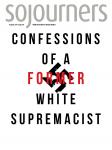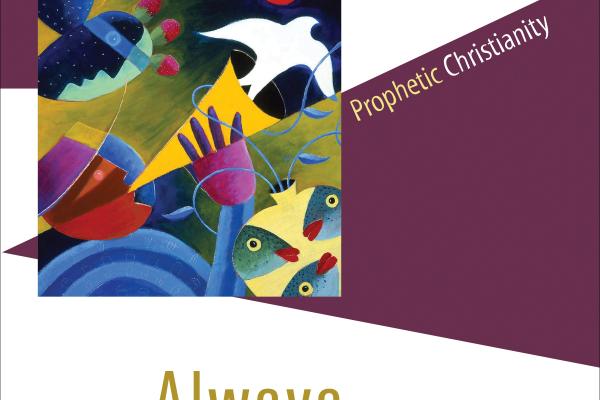MOST RADICAL JESUS theologies begin with the gospel of Luke. In a tour-de-force work, Liz Theoharis’ Always with Us? What Jesus Really Said about the Poor illustrates that the gospel of Matthew also offers a relevant statement of “God’s coming reign of abundance, dignity, and prosperity for all.” Centering this effort is Theoharis’ striving to “rethink the role of the church in the world and to challenge some of the most widely held misinterpretations of the Bible and poor people.”
Appropriate, accurate interpretation of Matthew 26:11, where Jesus says to the disciples that they have the poor always with them, is the burden of the book. In performing this task, Rev. Dr. Theoharis, founder and co-director of the Kairos Center for Religions, Rights, and Social Justice and coordinator of the Poverty Initiative at Union Theological Seminary, demonstrates the rarefied exegete’s blend: granular analysis and big picture vision. She effectively critiques the various theological justifications for structural poverty that stem, in part or whole, from a mishandling of this passage.
Through close reading of key terms in Matthew 26:11, socio-historical investigation into “the lived reality of the poor during Jesus’ time and during contemporary times,” and literary analysis of Matthew’s gospel, Theoharis reconstructs Jesus’ social world and narrates his earthly ministry of meeting the survival needs of the poor, as a messiah who is a “peasant artisan.” Her Christology of poverty, in this regard, closely resembles theologian Karl Barth’s description of Jesus as the “partisan of the poor.” Her conclusion, briefly stated, is this: Matthew 26:11 is a Deuteronomy 15-influenced summons to end poverty by “forgiving debts, by outlawing slavery, and by restructuring society arounds the needs of the poor.”
Throughout the book Theoharis equalizes the playing field of biblical interpretation. Instead of minimizing the poor as nonspeaking objects of discussion and prioritizing the theologically educated as the sole experts, she insists on an interactive, humanizing method of Bible study that she calls “Reading the Bible with the Poor.” This method insists that liberating biblical interpretation proactively involves people living with poverty in interpreting their own situation. Indeed, the longest—and perhaps the best—chapter of the book explains how this process works.
Still, questions remain. While reading the book, one notices a relative absence of theologizing about Jesus’ priestly role in the book of Matthew. There is, for instance, clear exposition about how Jesus’ blood is that of a martyred, resurrected messiah and prophet, but sparse treatment of how that same blood is “poured out for the many for the forgiveness of sins.” A priestly account of Jesus is not inconsistent with Theoharis’ social-movement Christology. Its absence, however, makes it difficult to distinguish how Christ’s identity and work differs from the significance and continuing impact of an assassinated prophet such as, say, Martin Luther King Jr.
Theoharis’ text is distinguished by its detailed research and patient, persuasive argumentation. It is, further, the rare U.S.-published book that recommends and models interpretation of scripture led by people in poverty for explicitly emancipatory ends. Always with Us? is indispensable reading not only for the choir, but for convincing the undecideds and the indifferents of the possibility—indeed, the mandate—of refusing “to rest until all poverty is ended for everyone.”

Got something to say about what you're reading? We value your feedback!

